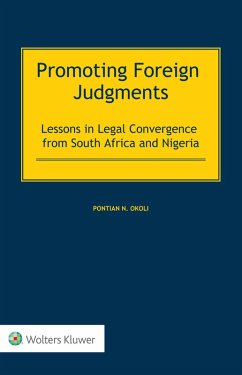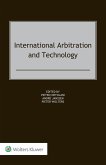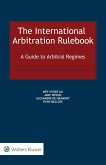In many African countries, litigants experience significant uncertainty in their attempts to enforce foreign judgments. Drawing on the experiences of the United Kingdom and the United States (vis--vis efforts to attain an effective global legal framework on foreign judgments), this book undertakes a comparative analysis of how South African and Nigerian courts can promote the recognition and enforcement of foreign judgments in a fair manner. This comparative analysis is made considering both African countries as paradigms of their respective legal traditions. The author, a legal consultant and academic in private international law analyses, stage by stage, the challenging process that litigants face when they seek to enforce foreign judgments in South Africa and Nigeria. This analysis includes insightful consideration of broader issues such as the following: how challenges faced by judgment creditors may be circumvented; practical issues impeding the free movement of foreign judgments; impact of globalisation, increase in international commercial transactions, and regionalism on private international law; application of ';fairness'; how territorial sovereignty and State interests in international commerce impede the free movement of foreign judgments; and ';qualified obligation', under which courts would presumptively enforce foreign judgments subject to certain exceptions and to the balancing of competing interests between private litigants and the State. The comparative analysis is undergirded by relevant case law spanning decades in Africa and centuries in Europe and the United States. In summary, the author projects a clear case for predictability and certainty in the recognition and enforcement of foreign judgments, as well as how to go about it, thus offering lawyers a strategic position to weigh their options in contemplating enforcement of foreign judgments in any jurisdiction even beyond the African region. This innovative approach will also be of particular value to policymakers at national levels, international and regional economic organisations, as well as scholars in private international law and international commercial law generally. This is regardless of their specific legal area or niche, especially considering the dearth of literature in African private international law.
Dieser Download kann aus rechtlichen Gründen nur mit Rechnungsadresse in A, B, BG, CY, CZ, D, DK, EW, E, FIN, F, GR, HR, H, IRL, I, LT, L, LR, M, NL, PL, P, R, S, SLO, SK ausgeliefert werden.









